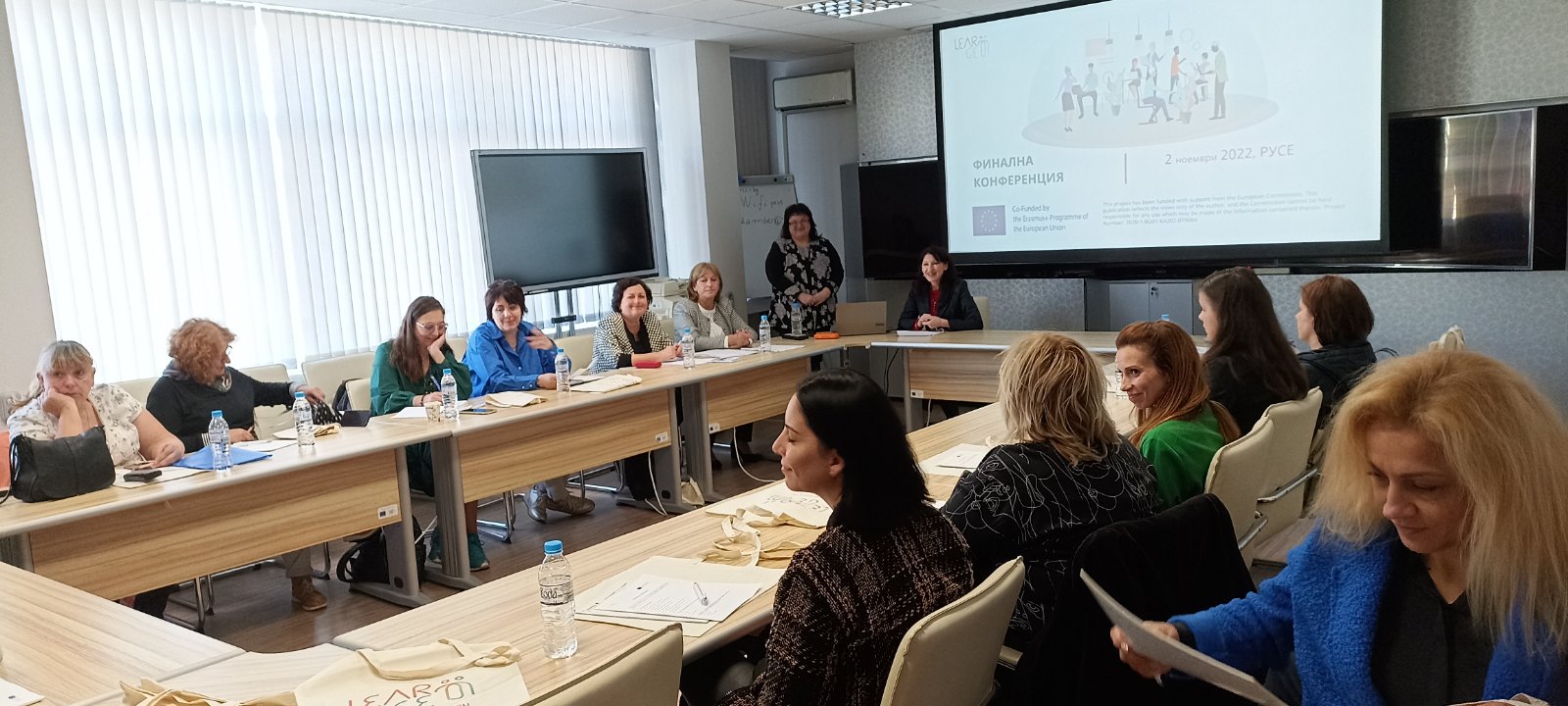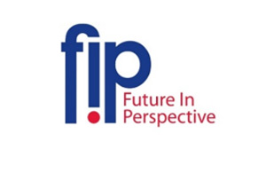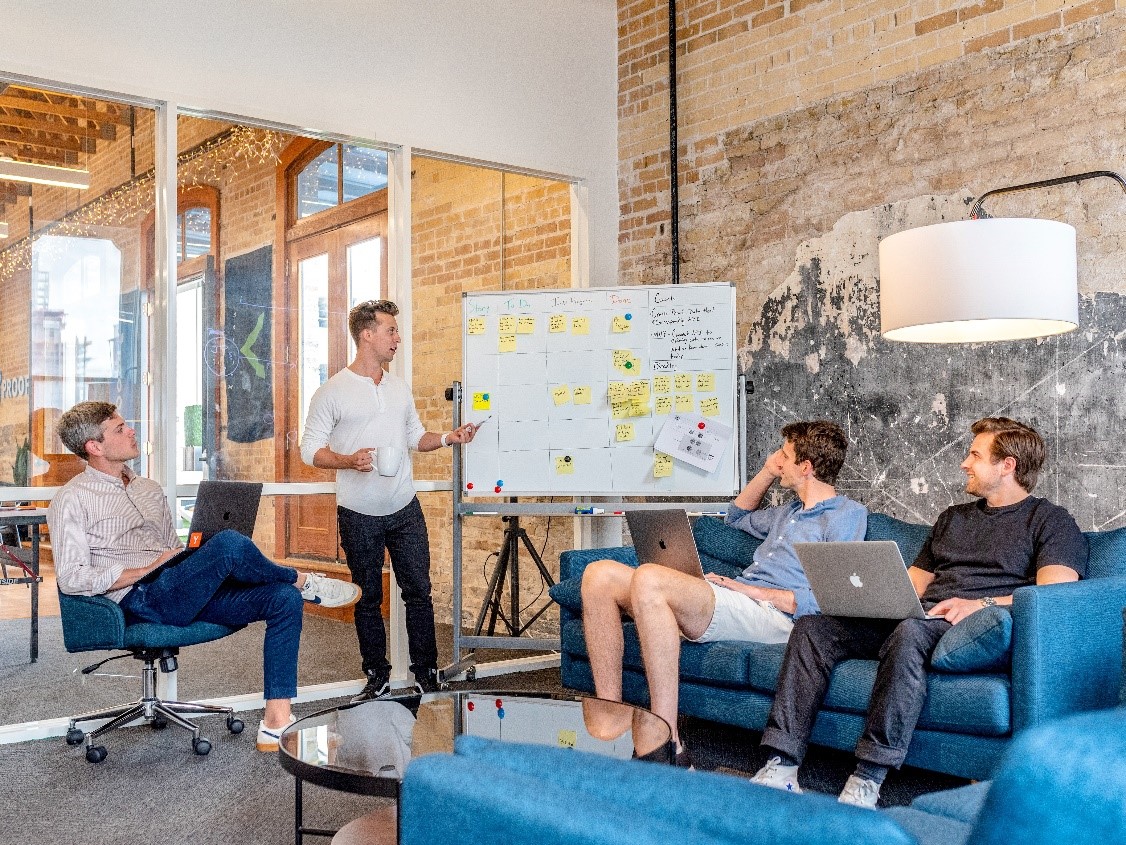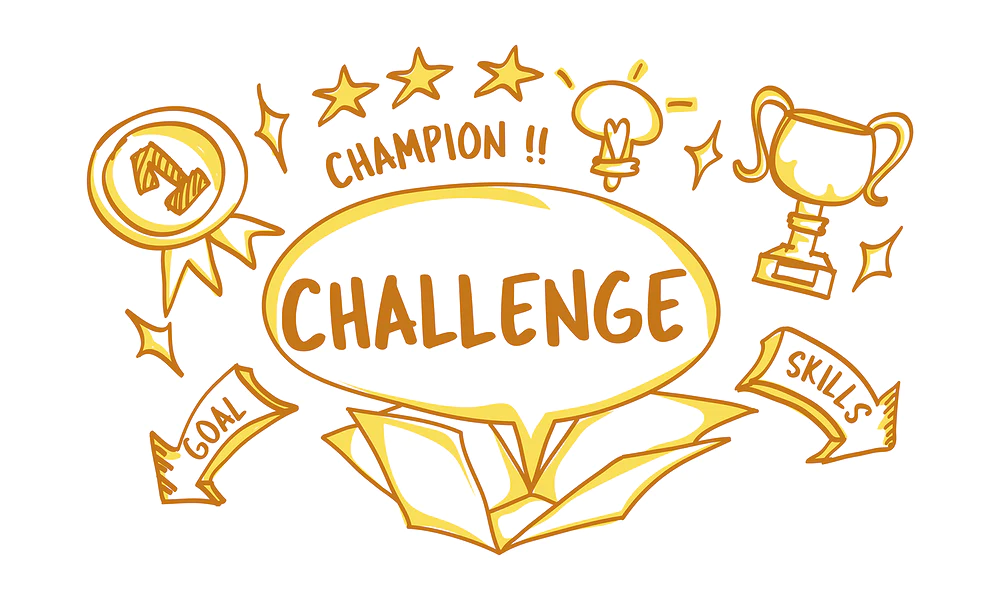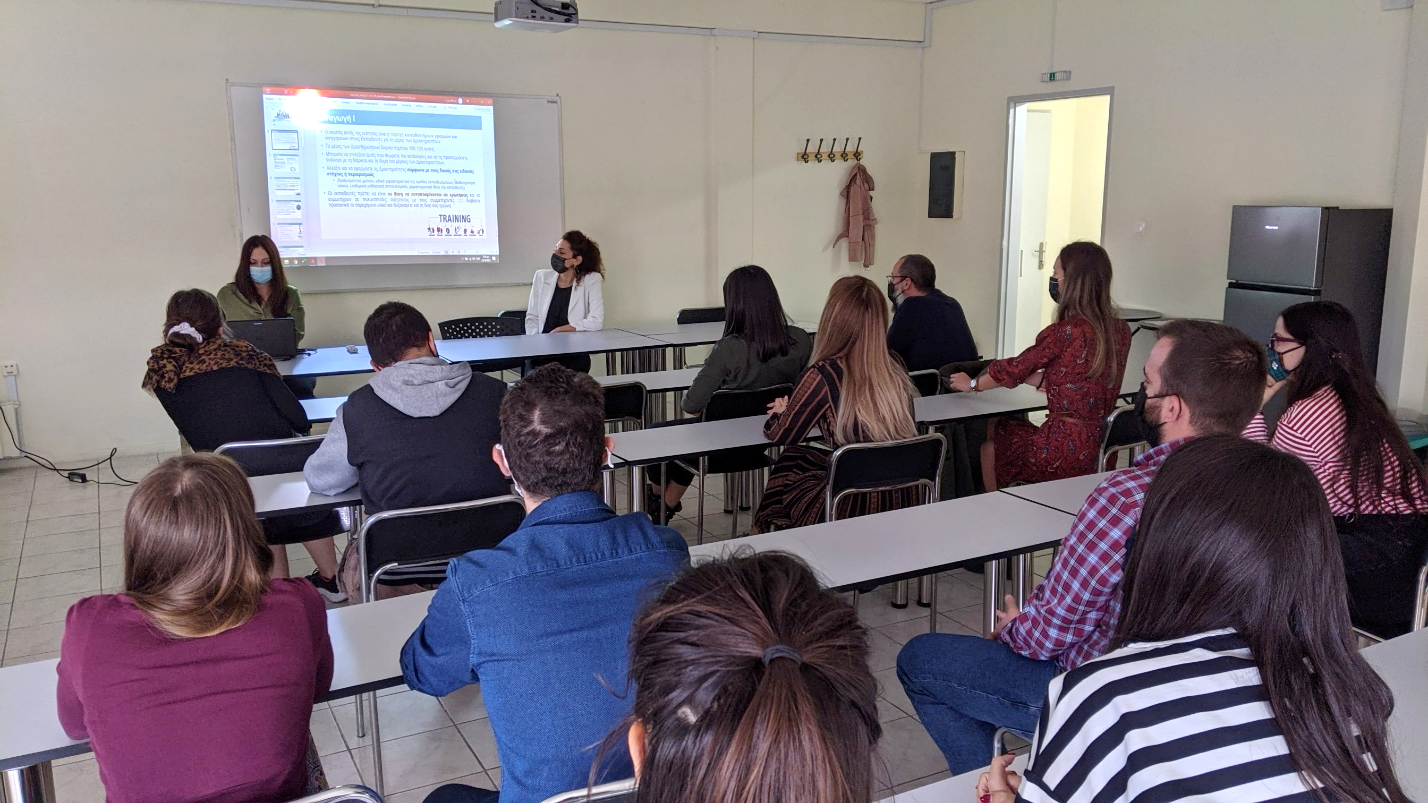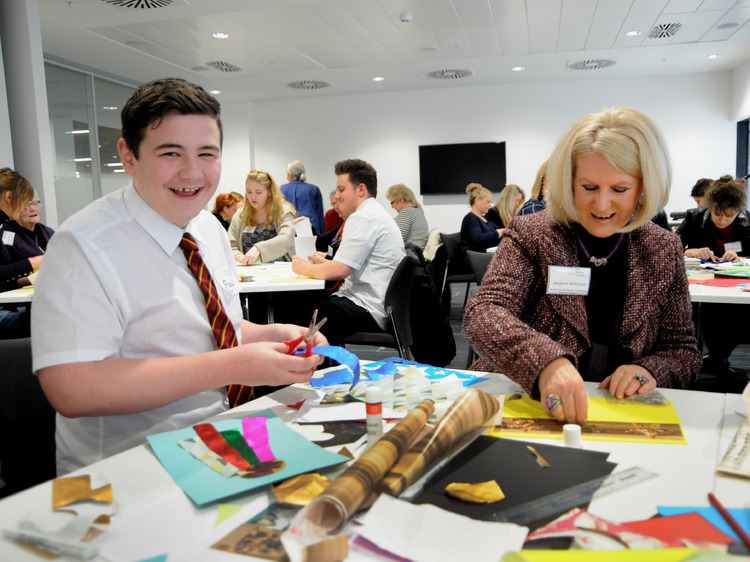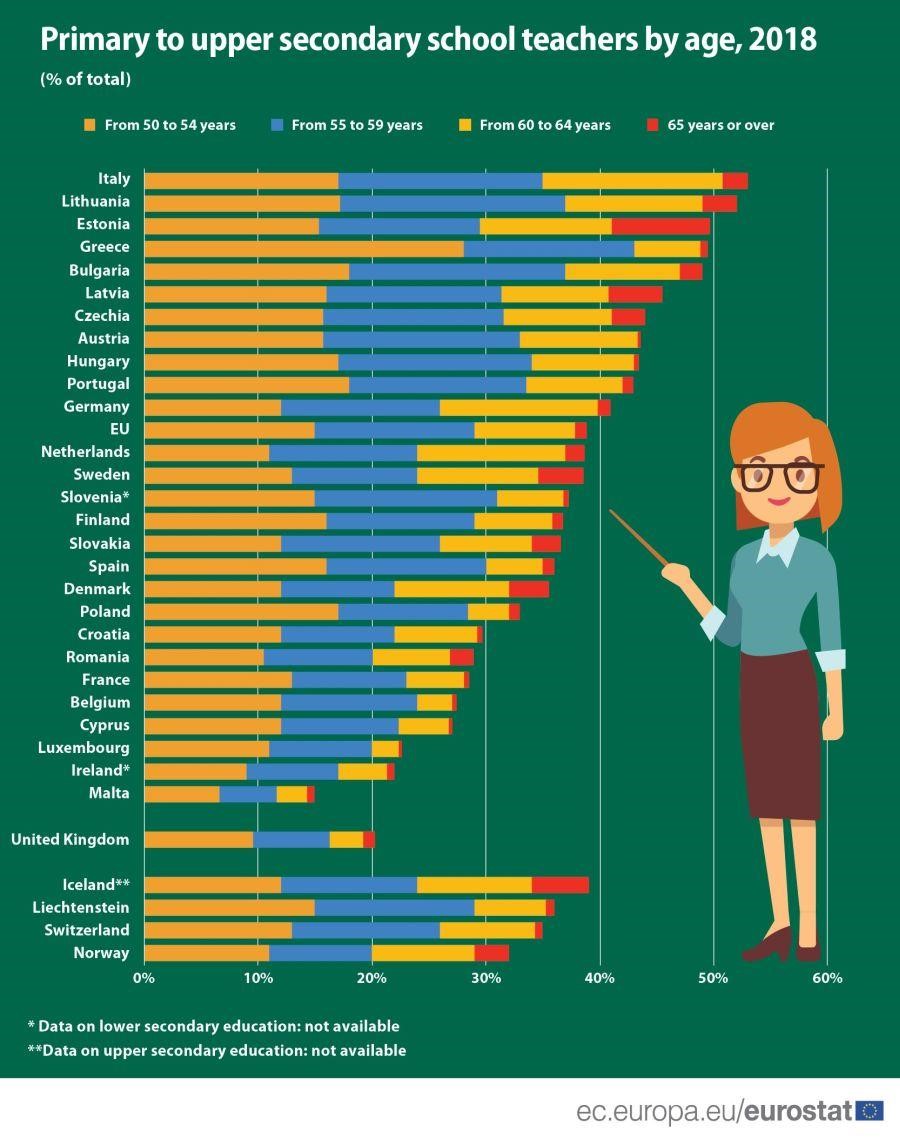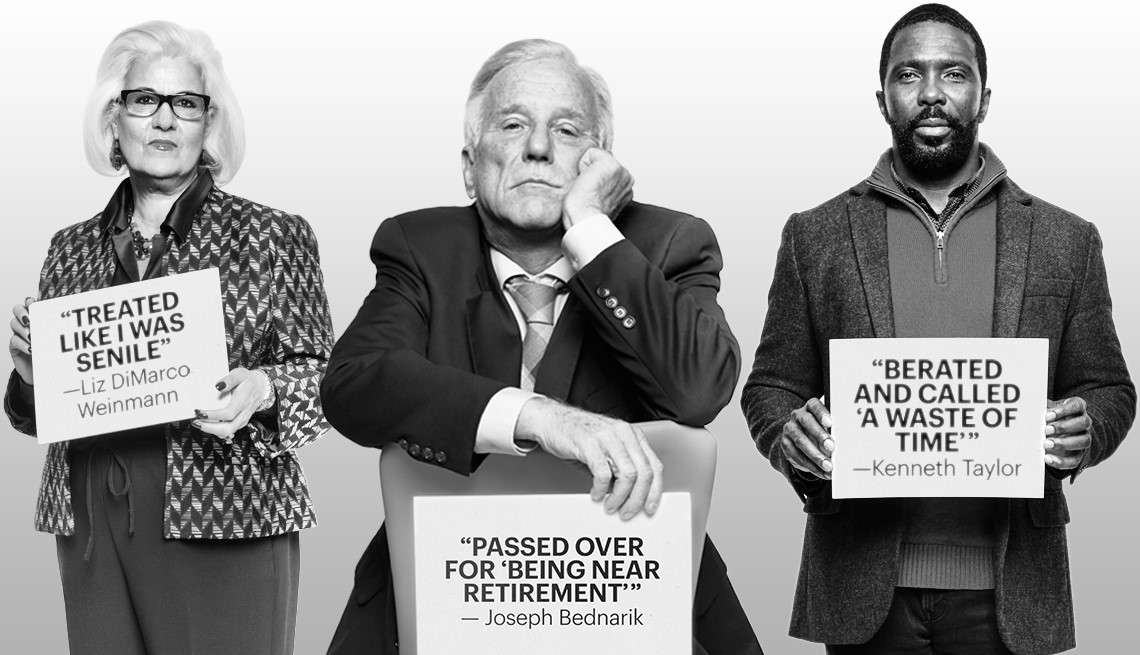A Learner’s reflection from the LearnGen Teaching Training Activity

By Dr Maria Charalampous MBPsS, AFHEA
Business Psychologist
I had the opportunity to participate as a learner/trainee to a Learning Teaching Training Activity, run for the purposes of the LearnGen project: “Intergenerational Mentoring and Learning in the Workplace”. The blended learning training activity took place on the 17th and 19th of May 2022 in Athens, Greece. The learning allowed for a more in-depth exchange of views among partners and learners on the training content of LearnGen project, in order to make the final fine-tuning before its launch.
Participating in the training has been a very insightful and thought-provoking experience not only because of the content of the training but also because of the people who were involved in the training. Being a Business psychologist myself, I entered the training already aware about the importance and dynamics that take place during mentorign. Nevertheless, I was not familiar with the concept of “reverse mentoring” and how it can be equally important to traditional mentoring. Having completed this training, I am now in a position to recognize the ways in which reverse mentoring can allow organizations to make better use of their employees’ talents, knowledge, and abilities. The LearnGen training also highlighted why knowledge should not be ‘a one-way street’, which is fundamental when promoting organizations’ development, growth, and very importantly inclusivity.
The LearnGen training provided to the participants, space and time to reflect on the benefits of using reverse mentoring in organizations, such as including the invaluable generational and cultural perspective. Participants’ experience, knowledge, and involvement on the project, along with the material used, urged a fruitful and constructive discussion, during which different opinions were openly expressed. Discussions within the group clearly revealed that reverse mentoring could be an efficient tool for promoting inclusivity, as very often we meet a gap in organizations between younger and older employees at work.
What I found particularly helpful was how the material urged the group to also identify some of the challenges that individuals may face during reverse mentoring. We had a constructive dialogue about how knowledge is stereotypically expected to be transferred from the more experienced individuals to the younger employees. We, thus, came to conclude how limiting this can be for organizations, as a complete exchange of experiences within the workforce is obstructed. The presentation of relevant case studies guided us to explore how reverse mentoring could be experienced, the resistance that some employees may have to it, the strategies that can be implemented to support its efficiency. Also, the discussion concerning empathy was stimulating, as we both analyzed how we can improve our empathy skills and viewed some of the challenges of showing empathy for someone facing a situation we have not experienced ourselves.
Furthermore, the LearnGen material was clearly presented, easy to follow, and promoted practical applicability. Using digital tools, skills assessment, recognition and validation tools and procedures, as well as tailored mentoring methodologies undoubtedly facilitated learning. In addition, in-depth, meaningful group discussions were enabled during which participants were able to reflect on both their own experience and best practice. What I really enjoyed as a learner, was the opportunity we had as a group to openly share, discuss, and constructively challenge each other, something which added to the whole training experience. Most importantly, during the training, a safe and judgement-free environment was created which fostered learning and rapport among participants. I can confidently state that all participants seemed to have enjoyed the training, learned from each other, and understood the main concepts presented and promoted by the LearnGen project.
The European Commission’s support for the production of this website does not constitute an endorsement of the contents, which reflect the views only of the authors, and the Commission cannot be held responsible for any use which may be made of the information contained therein.
Project Number: 2020-1-BG01-KA202-079064
Privacy Policy

